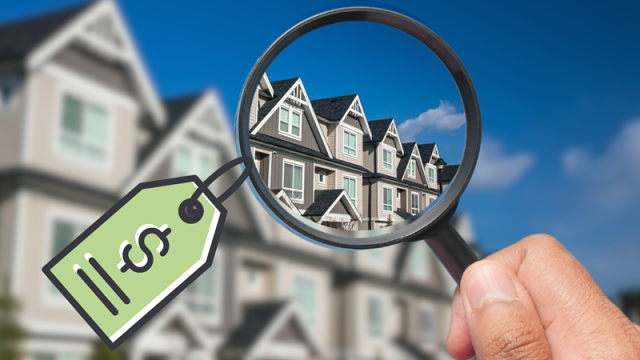webinar

Apartments.com
From Reviews to Revenue: How to Improve Your Online Reputation
Does your community have online reviews? What’s your average rating? These are part of a valuable asset that deserves careful management: your online reputation.
In a recent webinar, Erica Byrum, assistant vice president of social media at Apartments.com, explained why ratings and reviews matter and shared her top tips for turning around your community’s image.
“Reputation is an asset and must be managed like other multimillion-dollar assets,” Byrum said.
Why ratings and reviews matter
Today’s consumers rely on reviews more heavily than ever. Compared to 89 percent in 2018, today a whopping 98 percent of consumer consider reviews to be an essential resource in making purchase decisions.
Reviews help renters find you in search, add to your virtual curb appeal in the customer journey, and ultimately build trust among renters.
When ranking businesses in search, Google considers the presence of a business profile and reviews. To rank high, you must ensure you have accurate, consistent business listings across sites. You also need an abundance of recent, highly rated reviews — and responses from your community.
Reviews are a key part of the customer journey from prospect to resident.
“When someone makes it to your Apartments.com listing, Google Business Profile, or your website for the first time,” Byrum said, “they often wonder what other residents think about your community.”
Not only are customers unlikely to continue down the funnel when they see that a property they’re interested in has bad reviews, they might even switch over to their competitor! Instead of scaring them off, reviews should build trust with your prospects and help convert your leads into leases.
When and where to ask for reviews
So, how can you make sure to get those abundant, positive reviews?
Soliciting reviews should be a continuous process, not a one-off campaign. Ask your residents for reviews through multiple channels, such as in person, over the phone, within staff email signatures, on your website, and on your social media channels.
When’s the best time to ask? Prime opportunities include the lease-signing process, renewal, office visits, and after the completion of work orders.
How to respond to reviews
OK, so you’ve received some reviews. What happens next? Responding to reviews is essential for maintaining consumer trust and optimizing your business for search.
Byrum offered these best practices:
- Respond in a timely manner. It’s best to reply within at least 72 hours.
- Say thank you. Express your gratitude to residents for taking the time to write you a review.
- Personalize your response. Don’t just copy and paste the same message to everyone.
- Keep it friendly and professional. Use an appropriate tone, and always check your spelling!
- Empathize and apologize. If reviews highlight any issues at your community, express your regret and your concern for the resident’s needs.
- Take responsibility and make things right. Did you or your team mess up? Take steps to address the issue, including moving the conversation offline when needed.
- Flag if necessary. You should only report reviews for removal that violate Google’s review policies, such as harassment and impersonation.
How to get better reviews
What should you do if your ratings are lower than you’d like? Take feedback seriously.
“Learn what your residents love and identify areas that need improvement,” Byrum said.
If you receive negative feedback, consider changing your policies to resolve these issues, and make it a priority to offer excellent customer service. As for positive feedback, keep it up. Maintain popular policies or practices, and reward the superstars on your team.
In addition, Byrum suggested this four-pronged approach:
- Be proactive. Communicate with your residents to identify existing issues, and establish processes to resolve complaints early on.
- Highlight positive reviews. If you have four- or five-star reviews, show them off! Feature these reviews on your website, social media channels, and paid social ads. As Byrum said: “Allow happy residents to do the talking and help increase trust and boost leases.”
- Give residents regular encouragement. Satisfied customers might need more prompting to leave reviews, so offer multiple reminders.
- Make it easy. Tell residents exactly where and how they can leave reviews, with links, QR codes, and helpful instructions.
Make reviews part of your long-term strategy
Soliciting and managing reviews is essential to your success as an apartment community. When you plan your marketing strategy, don’t forget about reviews. With a proactive strategy for managing your reputation, you can establish trust with prospective renters and improve your resident experience across the board.
Interested in personalized support managing your reviews and ratings? Check out Apartments.com’s Social Media & Reputation Suite.







